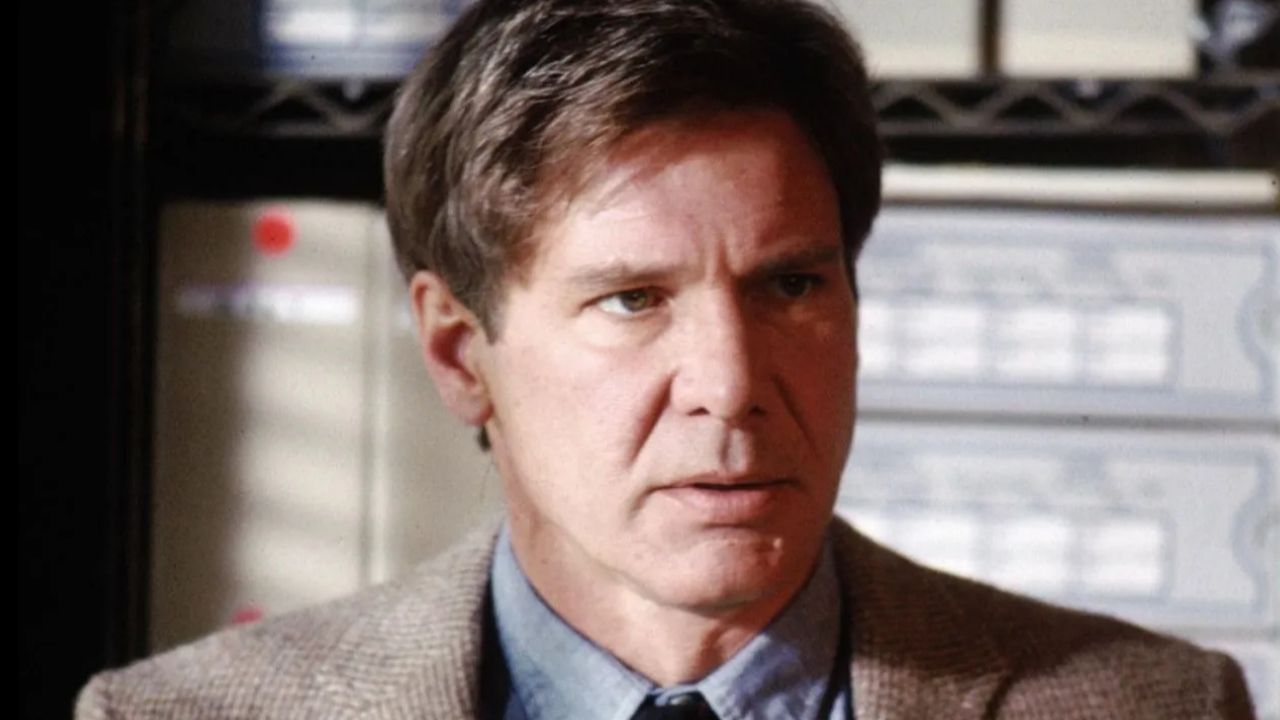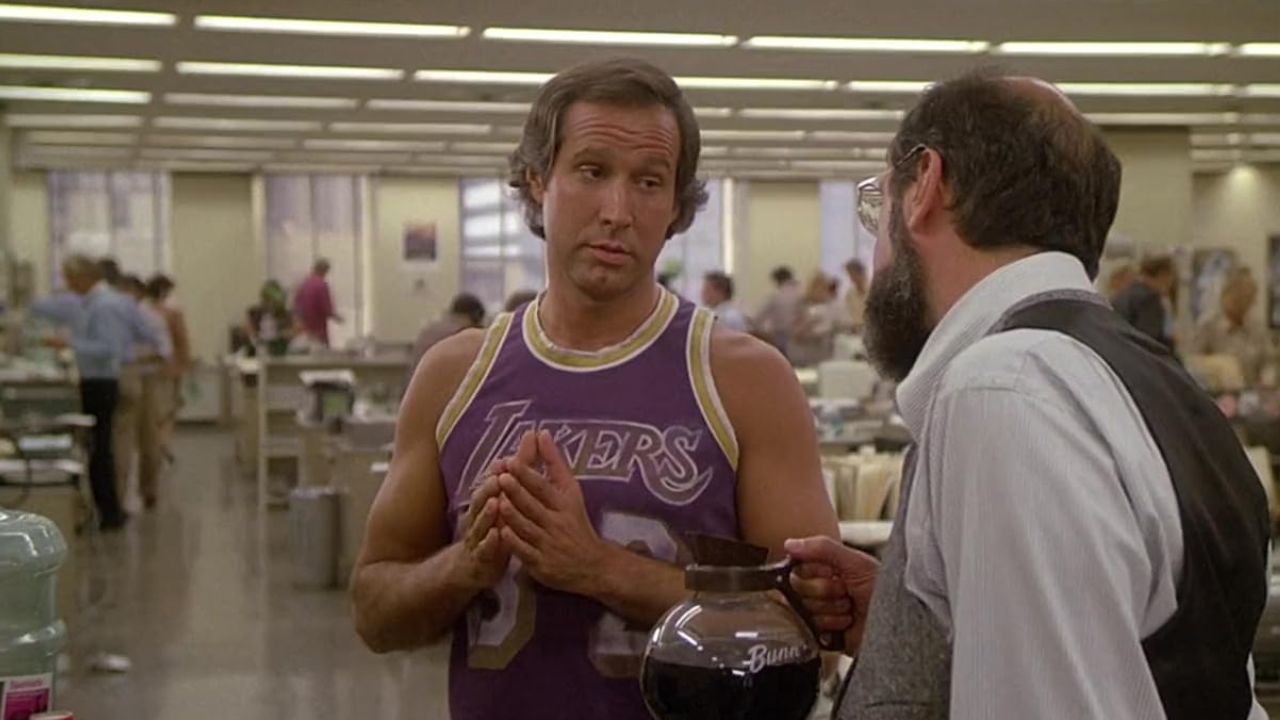The music industry is a fickle environment that’s becoming increasingly faceless. Average bands become world-famous, while authentic acts might struggle. British music once had America in its palms—the British Invasion of the mid-sixties saw dozens of British acts take over the U.S. charts.
However, since Coldplay, what British bands have even made a dent? Some of the United Kingdom’s bands tried and failed or didn’t even try at all.
1. The Verve

The throwback psychedelic Brit-pop band rose to prominence after the Rolling Stones-inspired “Bitter Sweet Symphony,” which pushed the band to platinum album sales of 1 million units in America — and even a 1998 Rolling Stone front cover. Sadly, the success followed a decade of hard work and personal struggles. In 1999, citing musical differences, the original lineup disbanded. The Verve was on the cusp of becoming huge in the United States if they’d held on for one more album. Subsequently, their breakthrough album Urban Hymns was the band’s only record to sell across the pond.
2. Bloc Party

Bloc Party was a London-based art-rock, post-punk band formed by friends Kele Okereke and Russell Lissack. The band’s outrageously good debut album, Silent Alarm, won NME‘s Album of the Year award in 2005 and reached number three on the U.K. albums chart that year. The band received positive feedback in the U.S. and toured the album extensively, selling 350,000 albums stateside. “Being a good ol’ unchallenging rock band is this outfit’s whole point — and their biggest strength,” said a Pitchfork review that year. Perhaps that’s why Bloc Party’s subsequent albums didn’t perform; maybe the band members were just too down-to-earth.
3. Senser

In 1994, Southwest London’s Senser exploded onto the alternative music scene with a blend of hip-hop, metal, and dance music fusion, following on in Britain, where Rage Against The Machine began in the U.S. The band’s debut album, Stacked Up, entered the U.K. album charts at No. 4, and the band went on a U.S. tour with Moby, during which members separated due to musical reasons. Who’s to say whether they had a future in America? Nevertheless, Senser was one of the most exciting U.K. acts at the time.
4. Editors

The new-millennium post-punk movement gave British rock bands a new lease of life, and six-piece Birmingham outfit Editors began with promise following the release of its debut album, The Back Room, in 2005. Some would argue they were the British answer to Manhattan’s Interpol, which meant they would always struggle in America, though that’s an unfair assessment of a well-oiled English group.
5. Biffy Clyro

Biffy Clyro is a Scottish three-piece, triple-vocalist rock band I have seen several times since their debut album, Blackened Sky, dropped in 2002. With a sound influenced by ’90s post-punk and grunge music, including the Pixies, Fugazi, and Weezer, some lazy quarters labeled them the “British Nirvana.” However, the band’s critically acclaimed Puzzle album launched the three school friends onto the international scene, where they expanded their international fanbase, supporting huge acts such as Linkin Park, Bon Jovi, and the Rolling Stones. Sadly, they never quite hit the mark in America, the country where their influences originated. However, the band still retains strong support from devoted fans in Britain and Europe.
6. The Stone Roses

The late ’80s and early ’90s saw the arrival of dance music — namely house music — in the United Kingdom, following the evolution of early-eighties dubstep and reggae, with blues dances and unlicensed raves or house parties setting the scene. From this new face of British counterculture emerged Manchester’s The Stone Roses, a collective of blue-collar rockers raised on The Jam and Quadrophenia. Their brand of crossover guitar-based indie pop with elements of dance music became a sensation in Britain. Following the success of a self-titled 1989 debut, the band signed a $1 million advance with Geffen Records and duly spent much of it on banned substances and partying before disbanding. They arguably never had the work ethic to break America. Geffen Records might have changed that, but we will never know.
7. Manic Street Preachers

This Welsh four-piece band found huge success in the United Kingdom before becoming a three-piece. Tragically, in 1995, bass player Richie Manic’s car was discovered deserted near the Severn Bridge in Wales — the band member was presumed dead 13 years and much heartbreak later. Louder wrote a 25th-anniversary review of the band’s excellent 1994 album, The Holy Bible, which might have driven the band onto American greatness had they not lost their bassist so early.
8. Blur

Britain in 1997 was a changed nation: Tony Blair’s “New Labour” party was elected. One of Blair’s first acts was replacing the old phrase “Rule Britannia” with the soundbite-heavy “Cool Britannia,” citing the influence of the nation’s vibrant arts and music scene and riding the coattails of musical acts such as the Spice Girls, Oasis, and Blur. Of the three acts, Blur made the least impact in America; however, Blur frontman Damon Albarn’s side project Gorillaz has since made up for this deficit — the band sold millions of records, and as of March of 2023, Gorillaz sat atop Billboard‘s Rock Album charts.
9. The Hoosiers

The Hoosiers appeared after the new millennium, coming at the end of a vibrant rock music movement that brought us The Strokes, The Kings of Leon, and The White Stripes. The band sold 1,000,000 copies of its debut album, The Trick to Life, following the successful first single, “Worried About Ray.” However, the quartet’s major label rise was a flash in an otherwise cold pan — the Internet was quickly destroying the old industry, replacing it with a new, fungible, disposable medium. A Guardian interview in 2011 saw the band on its label having lost the industry’s backing. Many genuine music fans enjoyed the band’s pop-rock comedy appeal, feeling charismatic frontman Irwin Sparkes had the presence to make the band work in America. Sadly, it never happened.
10. Supergrass

Although there were a few barbed comments between Liam Gallagher and Damon Albarn, Albarn and his label incited a public contest between Blur and Oasis, with British tabloid newspapers and the music press covering much of the bands’ “feud.” In the background, enjoying life and winning a huge British fanbase, was Supergrass, a throwback group with a distinctly British late-seventies garage band sound. The late Foo Fighters drummer professed his love for the band, and Supergrass played at the Taylor Hawkins tribute concert in 2023. Supergrass retained an underground following but unfortunately didn’t sell many records in America, other than their first hit single, “Alright.”
11. Travis

Glaswegian band Travis emerged in the late ’90s alongside contemporaries Coldplay, Stereophonics, and Snow Patrol. The act was a mainstream success, selling several million copies of the second album, The Man Who. The follow-up record, The Invisible Band, garnered American success, peaking at 39 on the U.S. Billboard 200. However, since then, the band’s popularity has retracted to a strong following among British fans.
12. Joy Division

Some might argue Joy Division was one of Britain’s most important bands of the late ’70s and early ’80s, preceding dance music by a decade, yet using elements within the music that would influence much of the British dance music to come. Tragically, on the eve of the band’s first North American tour, singer Ian Curtis, who had been suffering from epilepsy, stage fright, and marriage problems, took his own life. The remaining members formed the New Order, which took over where Joy Division ended.
13. The Libertines

At the turn of the millennium, British rock music was at a new zenith, the domestic live music scene was a vibrant landscape stretching from the industrial north to the artistic south. London was rife with bands paying tribute to former rock idols, and none encapsulated this more than The Libertines. The band was not especially musical but made up for this with charisma, fashion sense, and off-stage hijinks, especially co-frontman Pete Docherty, who became famous for his relationship with model Kate Moss and his illegal substance abuse. He was even caught burglarizing his bandmate once. The band still retains legendary status in Britain, and America would have enjoyed their utterly British eccentricity.
14. Snow Patrol

Coming in the wake of Coldplay’s global rise, Northern Irish band Snow Patrol was another late-nineties rock-pop band who met at Dundee University. However, it wasn’t until the new millennium that their third album, Final Straw, received global acclaim, even selling 250,000 copies in America. Considering the band’s Scots-Irish connections, one might have thought America was ready for more Snow Patrol, but their reach soon shortened to a British following.
15. Vex Red

One of England’s potentially world-beating groups, Vex Red, hailed from Aldershot, Hampshire, and featured a group of school friends who grew up obsessed with ’90s American acts like Faith No More, Tool, and Metallica. The band won a Kerrang! competition run by uber producer Ross Robinson, who signed them to his “I Am” Records label, an imprint of Virgin Records at the time.
Sadly, the band’s rise coincided with Virgin’s damaging $35 million payout to Mariah Carey — a time when record sales plummeted as MP3 recordings devalued recorded music. Vex Red (whose original drummer also happens to be my brother) and Robinson eventually fell foul of one another, with musical differences obstructing the relationship. For a band whose producer discovered Limp Bizkit, Slipknot, and Korn, one might say Vex Red is the unluckiest band ever not to break America. The band’s debut album and highest-ranked single, “Can’t Smile,” are excellent remnants of a once-thriving British alternative rock scene.
Read More From Us – 17 Movies With Zero Expectations That Blew Us Away

Never judge a book by its cover. You can say the same about movies.
Some of our favorite films are the ones we went into with no expectations. Despite this, they blew us away from start to finish.
17 Movies With Zero Expectations That Blew Us Away
Read More From Us – Classic 80s Movies Better Than Anything Released Today

The 80s was an incredible time for film. From award-winning cinema to hilarious comedies and everything in between, there was something for everyone to enjoy.
Thankfully, many of these 80s movies still hold up today. I regularly find myself watching these beloved 80s movies more often than modern cinema.
